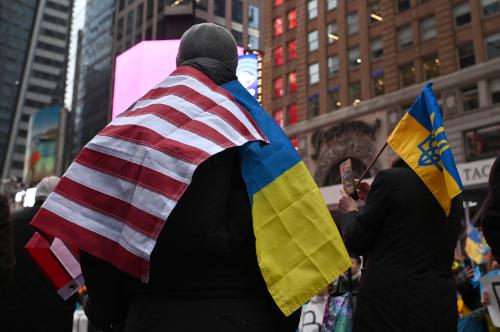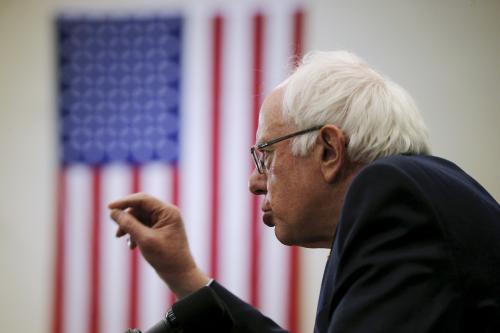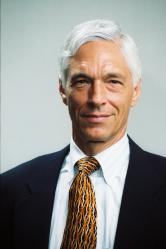President Donald Trump will fly to Saudi Arabia on May 19 to begin his first foreign visit since the inauguration. Out of the chaos of the first 100 days of his administration, this trip evokes Mark Twain’s account of his visit to the Holy Land in 1867, published in book form as “Innocents Abroad.”
It may be useful, however, to recall the words of more recent authors, starting with Dale Carnegie. His volume “How to Make Friends and Influence People” was first published 80 years ago—in 1936. Since then tens of millions of copies have been sold in several editions. In 2016 alone, 300,000 copies were sold.
Over six decades following its publication, the Dale Carnegie formula seemed to be working for the United States. We were making friends and influencing people all over the world. In the past 20 years, however, the U.S. appears to have been losing more friends and influencing fewer people. Since the election of Donald Trump, this trend has accelerated by several measures. One example is a drop in applications from foreign students for admission to American colleges.
Another lifestyle writer worth recalling is Norman Vincent Peale, the longtime pastor at Marble Collegiate Church on Fifth Avenue in New York City. His volume “The Power of Positive Thinking” was published in 1952 and was on the New York Times bestseller list for more than three years, but total sales seem not to have breached 6 million copies. Trump was six years old when it came out and it happens that his family worshipped at Peale’s church.
Superficially, one can hear hints of positive thinking in Trump’s campaign slogan “Make America Great Again.” But the Peale formula for success in life has been criticized by psychologists in ways that Carnegie’s “Make Friends” has not been. One of the critics wrote, “Positive thinking often involves trying to believe upbeat statements, like ‘every day in every way I’m getting better and better,’ in the absence of evidence or even in the face of contrary evidence…” Other psychologists have described the positive thinking formula as a type self-hypnosis.
Perhaps the U.S. began losing friends when it started declaring war on non-state actors, first the “War on Drugs” and then the “War on Terrorism.” The U.S. gained friends in World War I and World War II because we were defending our country and our natural allies against extreme attacks launched by the governments of Germany and Japan. And these wars ended relatively quickly after America mobilized to fight. The declared wars on drugs and terrorism by contrast have been waged against obscure and elusive organizations, and no end seems to be in sight. These experiences beg the question of whether it was smart to declare war on drugs and terrorism and whether doing so might in some ways have made them harder to win.
In this context, one can see a rationale for the Obama administration’s policy of downplaying the war rhetoric, focusing on strengthening ties with friendly countries, and seeking productive engagement with old “enemies” like Cuba and Iran. In short, the objective was to avoid creating new enemies, to avoid launching new wars.
The Trump administration’s foreign policy is still an unsettling mix of threats and flattery overlaid with contradictions. Fareed Zakaria in a recent Washington Post op-ed piece, “Trump is turning other countries against the United States,” focused on the cases of Mexico and South Korea, where Trump’s tweets have advanced a view that these countries are taking advantage the U.S. and that he is going to rectify the situation, to make the U.S. a winner. Zakaria could have mentioned Canada as another case.
Zakaria closes by pointing to the difference between managing foreign policy and doing a real estate deal. In the private sector, there may be arguments about who the winner is and who the loser is in a deal, but the nature of the deal is zero-sum. And there is a simple metric: dollar value. Foreign relations are inherently more complex, if only because there is no comparable metric. There is a more fundamental difference, however. In a market economy there are many competitors. The losers disappear and life goes on. In a world of nations, losers don’t disappear, they fight back and the forms of fighting seem to be getting nastier.
Recall now another American president: Teddy Roosevelt. He is on record in 1900 admiring the African proverb “speak softly, and carry a big stick.” It became the hallmark of his foreign policy. No country in the world today doubts that the U.S. has a big stick. They all hear a loud voice from the White House and wonder who will be next to end up on America’s enemies list.







Commentary
Innocents abroad? Trump’s first foreign trip
May 16, 2017